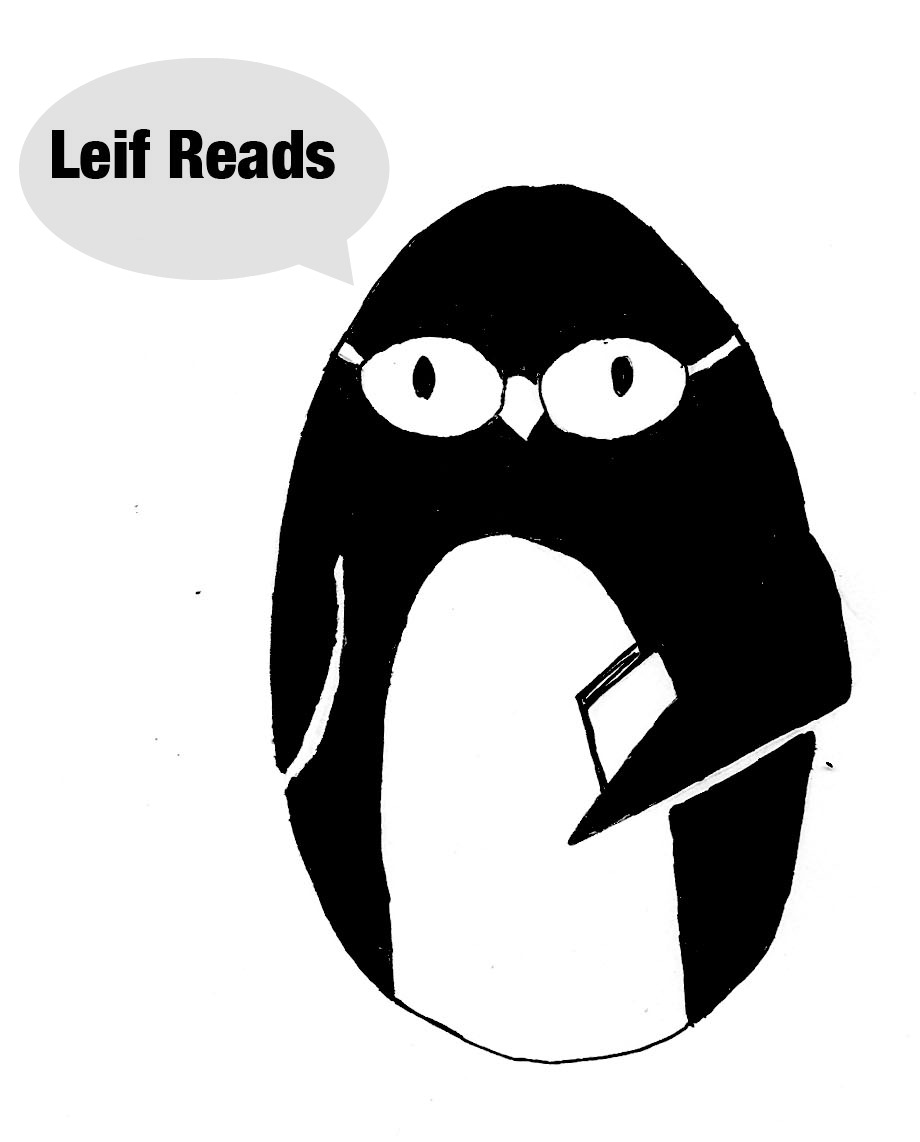Merry Wanderer of the Night:
leif reads
Leif Reads: Getting Back in Touch

Leif Reads: Coop

Leif Reads: Changes Made

Leif Reads: Why It's Good to Say No Thanks to Lawn Care

Leif Reads: My Mom was Right

Leif Reads: The Scary Presence of Plastics

Leif Reads

Leif Reads: But what about all this snow?

Leif Reads Eaarth: Climate Change

Leif Reads: Eaarth and 350.org

Leif Reads
